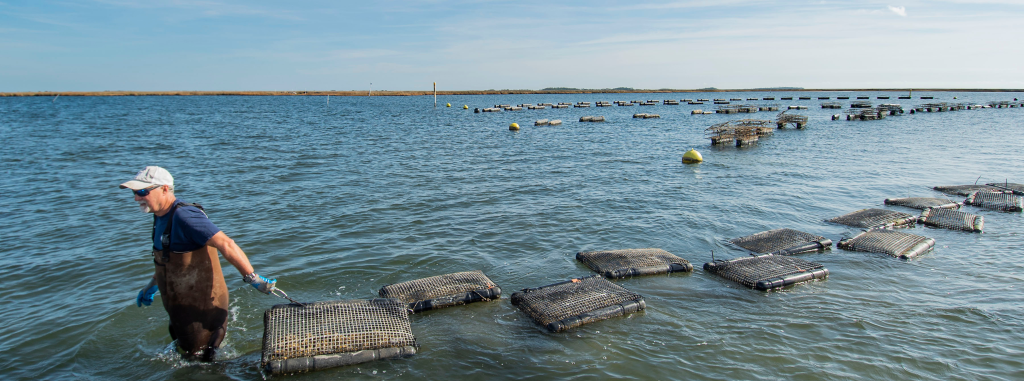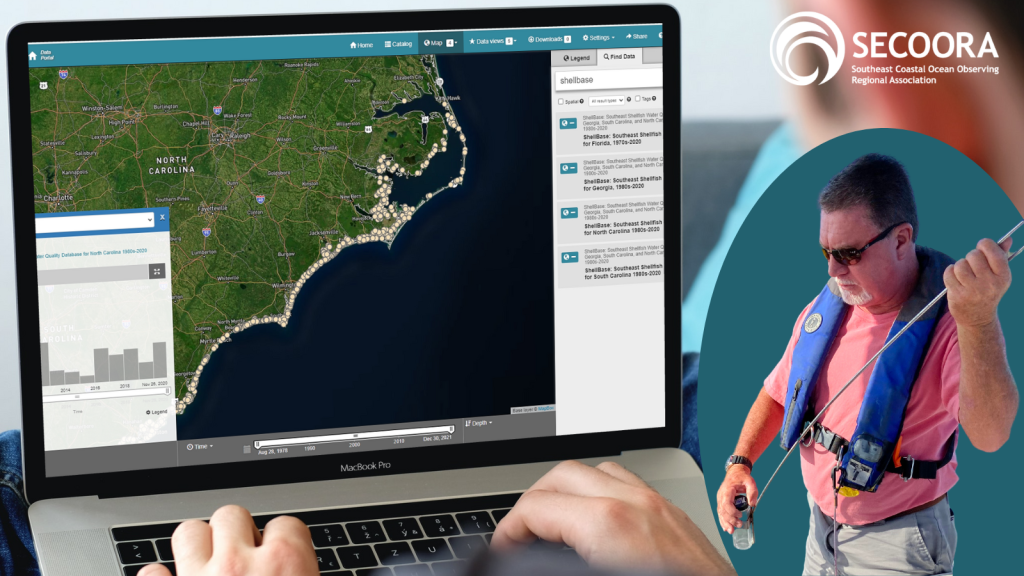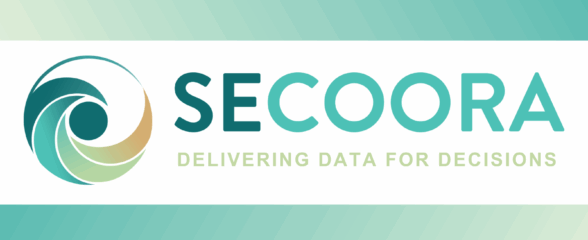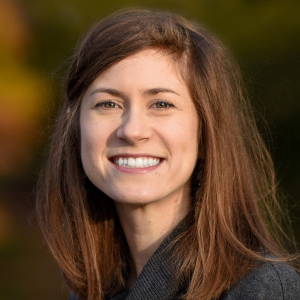Written by Emily Noakes, SECOORA Communications Intern

Water quality parameters are important factors to consider when harvesting and consuming shellfish. Shellfish feed by filtering nutrients out of the water, which can sometimes contain harmful particulates and microorganisms. Shellfish sanitation departments monitor shellfish-growing areas by collecting water quality data. These data were not easily accessible by the public until the creation of ShellBase.

ShellBase, developed by a team of researchers at North Carolina State University and University of South Carolina and led by Dr. Natalie Nelson, is a database that compiles over 20 years of coastal water quality data from South Carolina, North Carolina, Georgia, and Florida. Data available includes fecal coliform bacteria levels for easy access. Additional measurements like salinity, wind direction, and temperature are also available for download for some states.
Why create a database that compiles coastal water quality data?
Coastal water quality records across states are often difficult to discover and download. In the case of shellfish sanitation, each state has its own methods of collecting and providing access to the water quality data. The lack of standardization across each state’s datasets makes monitoring long-term environmental trends difficult.
Dr. Nelson was awarded a grant through SECOORA’s “Request for Proposals to Enhance Regional Ocean Data Sharing” in 2021 to create ShellBase.
Through collaboration with state shellfish sanitation programs, ShellBase offers an accessible record of historical bacterial water quality data for shellfish waters in the Southeast using a standardized database.
“We are grateful for our collaborators at state shellfish sanitation programs across the South Atlantic and the Interstate Shellfish Sanitation Conference, who shared data and invaluable insights with our team. Without them, we couldn’t have created ShellBase.” – Dr. Natalie Nelson, North Carolina State University (pictured right)
Using ShellBase
ShellBase can help research scientists, coastal managers, and shellfish farmers investigate water quality trends and develop more robust predictive models.
A researcher at North Carolina State University, Dr. Tal Ben-Horin, has been investigating recurring mass mortality events impacting North Carolina oysters. He has been using ShellBase to investigate a connection between historical water quality and shellfish mortality events.
However, researchers caution that understanding how the data were collected is important for understanding what types of trends can be inferred from the measurements.
Improving Shellfish Closure Predictions
ShellCast is a program that predicts shellfish lease closures using forecasted weather conditions from the National Weather Service and alerts shellfish farmers about the predicted closure. Heavy rainfall can impact shellfish water quality through runoff of polluted water to the shellfish-growing area.
Dr. Nelson would like to integrate ShellBase with ShellCast by creating a model that uses both historical water quality and forecasted rainfall to predict shellfish lease closures. This could improve closure prediction accuracy in certain states that collect water quality data during adverse pollution conditions.
Dr. Nelson has an article forthcoming in Aquaculture Reports that outlines three key recommendations of how shellfish sanitation programs could implement practices to make their data more Findable, Accessible, Interoperable, and Reusable (FAIR). Standardizing data sharing across states would allow for integration and comparisons – improving predictions of shellfish lease closures.
Related news

SECOORA Request for Proposals for a Data System Development, Operations, and Maintenance Service Provider
SECOORA seeks a Data System Development, Operations, and Maintenance (DMAC) service provider to act as a strategic partner while maintaining the current SECOORA Data System. Proposals are due to SECOORA by 5:00 PM ET, March 31, 2026.

Plankton Perfect: Using Imagery to Document Microscopic Marine Life
Dr. Enrique Montes is working to understand how plankton respond to changes in the ocean by capturing high resolution imagery with advanced technology. This work is funded by the Marine Biodiversity Observation Network (MBON) to use novel techniques like the Continuous Particle Imaging and Classification System (CPICS).

SECOORA Community Spotlight: Craig Harris
When Craig Harris signed on as the Emergency Management and Resiliency Coordinator for the city of Wilmington, North Carolina, he brought with him knowledge of water level sensors. SECOORA worked with Craig to install a water level sensor at the Love Grove Bridge in Wilmington, a site prone to flooding.

